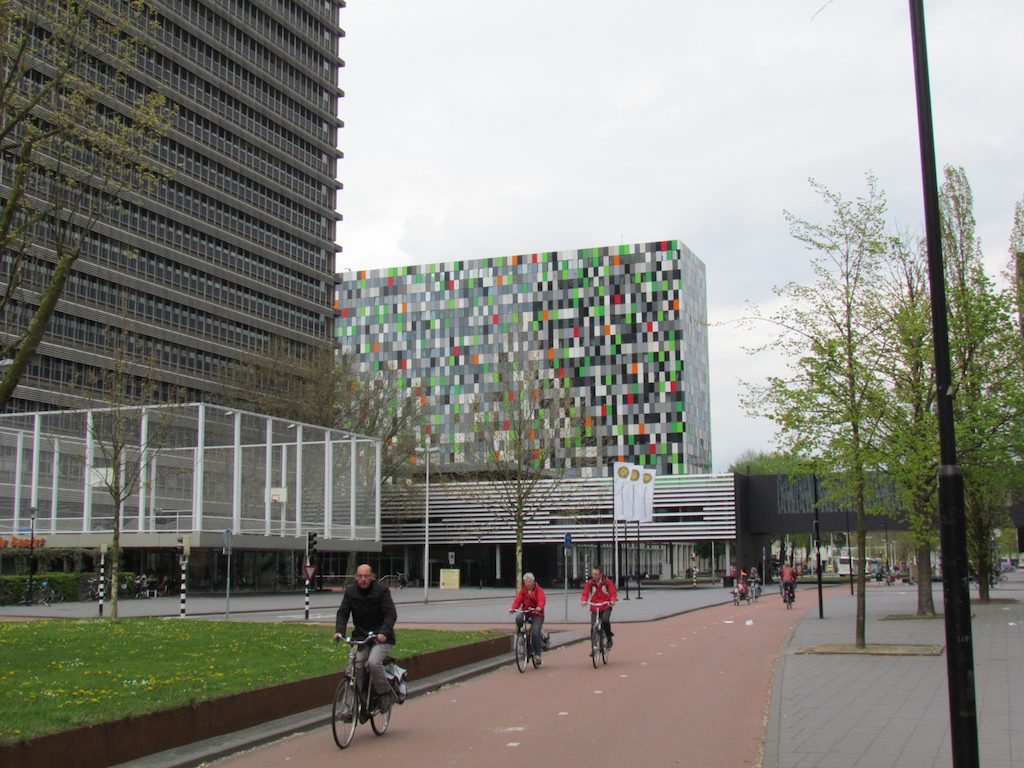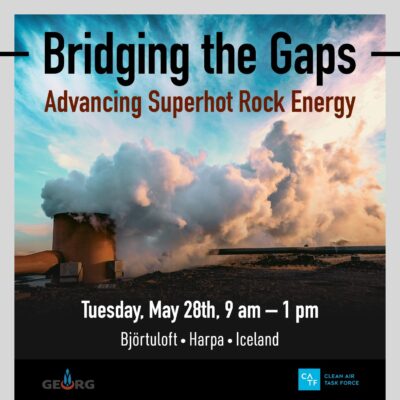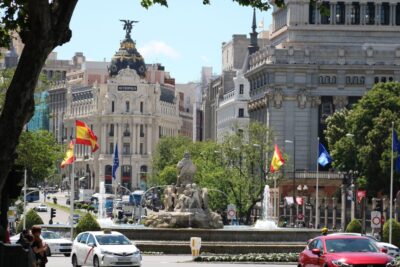Engie collaborates with six partners on geothermal research in the Netherlands
French energy company Engie collaborates with the University of Utrecht, the University Medical Center Utrecht, the Hogeschool Utrecht and the Kantorenpark Rijnsweerd Foundation on a large-scale study of ultra-deep geothermal energy in Utrecht/ Netherlands.
Six consortia from all over the Netherlands are participating in a large-scale study of ultra-deep geothermal energy. The technology may possibly function as a sustainable energy source, but research is still needed for this. Energy supplier Engie is participating in the Utrecht region.
Engie collaborates with the University of Utrecht, the University Medical Center Utrecht, the Hogeschool Utrecht and the Kantorenpark Rijnsweerd Foundation. Together they form project GUD. Approximately 60,000 tons of CO2 can be saved for the Utrecht region.
Soil research
The research was set up by the government and maps the stratification of the Dutch soil at various locations. With seismic research, Energie Beheer Nederland (EBN) examines whether geothermal energy can be extracted in a certain area, how deep the geothermal energy is and what else is in the soil where any extraction of geothermal energy must be taken into account.
“Before we go into the ground, we want to know that this is the best, but also whether it is a safe way of generating energy. In addition, extracting geothermal energy is a costly investment, “says Rob Mathlener, GUD project director.
Based on the data from EBN’s research, the Utrecht project makes a decision to continue or not. “Because only if it is safe, affordable and responsible, we will continue with preparations”, says Mathlener.
Ultra-deep geothermal energy
Geothermal energy offers good opportunities for sustainably filling the low temperature heat demand. In order to make the high-temperature heat demand more sustainable in, for example, the process industry, it is necessary to apply geothermal energy to greater depths than has been customary up to now. UDG is focused on using heat at a depth of more than 4,000 meters.
To investigate
Investigations into the opportunities for geothermal energy take place in several places. For example, in the vicinity of Alkmaar, it is being investigated whether geothermal energy is likely to feed a heating network. In the Westland, after a successful test drilling, a heat grid is installed where the heat of three kilometres is reached. Delft University of Technology is installing its own geothermal well in order to do better research.
Further background on the research planned in Utrecht, see this press release from the University of Utrecht.
Source: Duurzaam Bedrijfsleven


















